With the emergence of generative AI tools like OpenAI’s ChatGPT, students now have widespread access to technology that can facilitate plagiarism. If a student chooses to prompt an AI tool to generate part or all of the text within an assignment, and then passes that work off as their own, that’s an issue. At IGI we have our own Academic Integrity Module that all commencing students must successfully complete. Only after this has be achieved, can students access their assessments. Additionally, all outlines have the following clarification:
“Use of Generative Artificial Intelligence
The assessment tasks in this unit necessitate the demonstration of acquired knowledge. While the utilization of generative artificial intelligence is allowed at the International Graduate Institute, it is fundamental to comprehend that information generated by GenAI tools, such as ChatGPT, Copilot, and DALL-E, may lack reliability, accuracy, and correctness. Consequently, it is imperative to exercise caution when employing these tools, limiting their use to aiding in the discovery of pertinent information or the comprehension of concepts and theories. In such instances, proper in-text citation and referencing acknowledging the use of GenAI must be employed. Any misuse of GenAI tools beyond these parameters will be deemed a violation of academic integrity.
Please note that at times, students may be required to sit a viva in support of their work. “
As the above seeks to clarify, AI do not necessarily threaten academic integrity. Using AI to help complete an assignment is not automatically plagiarism. Using generative AI tools to research ideas, build an outline, or help with sentence structure is not fundamentally dishonest. Fostering a strong culture of academic integrity – where students clearly understand what is honest and dishonest, can actually benefit from these new AI innovations in so much as they can provide institutions with the opportunity to model academic integrity and prevent plagiarism. It would be wholly erroneous not to acknowledge the need to adapt teaching pedagogies and activities, but perhaps the likes of ChatGPT have actually reminded many of the need to encourage deeper learning for students whilst concomitantly engaging them in the process.
Over two decades of working in the higher education space has provided me with an appreciation that if a student resorts to plagiarism it is not because they are inherently dishonest but because they do not have the knowledge or the skills necessary to avoid it. Therefore, to minimize plagiarism, it is incumbent on us as educators at IGI to actually help students develop their information literacy skills, their writing skills, and their referencing skills. As such, we believe that our students should learn how to use the likes of ChatGPT. We are constantly exploring services that teach students how to properly paraphrase and quote authors in their assignments. As an institution that prides itself on bringing the real-world into the classroom, it is also important for us to acknowledge the benefits of AI to the workplace and so advising students on writing good prompts (as a skill that we forecast will become increasingly valued in their post-graduation working lives) is seen beneficial in contributing to their skill building,
To foster a culture of academic integrity at IGI, there are many initiatives and approaches we have looked to implement. The first of these has been to openly discuss academic integrity with our students. This acknowledges that whilst we have strong academic integrity policies there is a likelihood that not all students will have read them (not in any real depth at least). By talking with students directly about academic integrity, this assists them in their understanding of why it is so important (and why we insist on them successfully completing the Academic Integrity Module). As Dean, I explain our plagiarism and evaluation policies and the consequences of violating them to students at Orientation. I also ask lecturers to ensure they remind students throughout the duration of their studies – but especially ahead of assessments – about our policies and stress their importance, as well as clarifying to students how to use Generative AI models such as ChatGPT honestly; what the specific policies are around their use are and the purposes for which they can be used at IGI. Establishing this before any misunderstanding occurs is key as we want our academic integrity initiatives to assist our students and not be purposely punitive.
As part of this approach, IGI is planning to hold an institutional awareness campaign where academic integrity values will be promoted through which students can learn more about our values. Organising a contest where students themselves create posters to be hung around their campus to help promote academic integrity not only helps remind students of the importance of this but shows them the key role, that they themselves play in making IGI a bastion of integrity and respect.
Thus far we have only spoken really about students, but it is incumbent upon the academic team to demonstrate our own adherence to and respect for the values of academic integrity. This means that we must all be models of integrity in our work and actions. Including references in PowerPoint slides to all work (words, ideas, or images) found on the internet or in books, must be present. Seeing this, assists students in understanding its importance and better ensures they mirror the actions of their lecturers in their own assignments. This should also follow for our academics’ use of AI. If lecturers have employed the likes of ChatGPT acknowledging this help is both essential and ethical. Again, this demonstrates to students a good example to follow and helps them understand why it’s important. Indeed, integrating the likes of Grammarly to revise their texts is a key recommendation for commencing students at IGI. It is, after all, a valuable skill that students should be using post-study in their professional lives.
As was touched upon earlier in this post, students who resort to plagiarism tend to do so not because they are inherently dishonest but because they do not have the knowledge or the skills (time-management, research etc.,) necessary to avoid it. Being engaged in their studies is a key factor in addressing the likelihood of plagiarism, and this is why our classes at IGI have many formative activities in them geared towards assessments. At IGI a key aspect for designing our assignments is that they should encourage creativity. This in turn with our focus on formative activities and work seeks to not only make plagiarism less likely but more difficult. This last point is also incredibly important. Students talk among themselves, and if there are weak policies and procedures, if there is no Turnitin, or the lecturers do not detect (looking for long sentences, vocabulary that is too developed for the students’ level, or poor or non-existent references, for example) and report cases of plagiarism, the cohort will soon be aware that there are actually no consequences to academic dishonesty and may well be more inclined to act in such a way. At IGI our policies and procedures, modules, and approach to academic integrity ensure that this is not the case and that we take plagiarism cases very seriously. With consequences clearly set out, the aim is simply to educate students and lessen the temptation. We want our students to succeed but not at any cost.
AI will not be going anywhere; it is here to stay and so we need to embrace the changes it brings to education. There is a requirement to be proactive at IGI in our approach to AI, modifying our teaching and evaluation practices and working to establish ourselves as an institution that not only values but has integrity at the core of everything we do. It also provides us with the opportunity to continue working together – educators, students, administrators, and support staff – to continue working on doing all we can to prevent instances of academic dishonesty at the institution whilst helping our students achieve their maximum potential.

